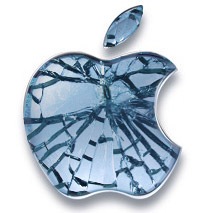A federal lawsuit against Apple, claiming that virtual games enticed children to buy virtual currency using their parents credit card, was given a go-ahead this week by a federal judge. The group of parents, seeking class-action status, claims that Apple allowed apps that “lured” children into buying virtual items by just pressing buttons, and it was too easy for children to buy those products instantly using the stored credit card for up to 15 minutes.
Of course, kids like new things, even if they are virtual. Some purchases, according to the lawsuit, exceeded $300 in one purchase just by pressing a button. The lawsuit could have significant affect on the entire virtual currency industry, including in game purchases.
Currently there are many games online that allow players to buy products without having to re-enter credit cards. Some argue that not requiring the re-entering of credit card information allows children and perhaps unauthorized users to easily charge virtual purchases on credit card, even if they were not authorized.
Any ruling on this lawsuit could set precedent that would require games and application stores to force users to re-enter their credit card information. Part of the success of app stores and online games has been that online purchases only require the press of a button and getting out a credit card, paying again for a purchase could not only slow down the purchase but cause consumers to be turned off from the game.
The industry has already suffered enormous loss on credit card rules that have slowly eroded the continuity rebill market, which is reported to have been behind the failure and close failure of several companies in the industry including COPEAC. Several CPA and Affiliate networks depend on the virtual currency model on Facebook and within games to promote products via incentives.




